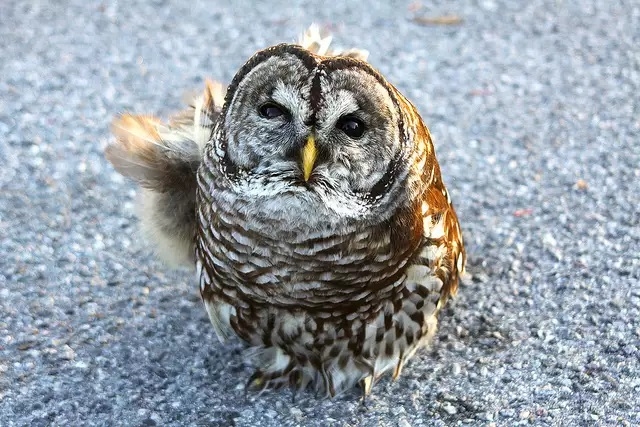Rules revised for wildlife rehabilitation permits in Florida
Florida Fish and Wildlife Conservation Commission (FWC)
At its February 2024 meeting, Florida Fish and Wildlife Conservation Commission commissioners approved final changes to rules pertaining to the rehabilitation of native wildlife to increase public safety, improve animal welfare, clarify current rule language, increase professionalism, and update requirements for wildlife rehabilitation permittees.
At the December 2023 meeting, Commissioners directed staff to continue outreach efforts. Staff held two additional meetings and attended the 2024 Florida Wildlife Rehabilitators Association annual conferences, held during January 2024 in Panama City, Ocala and Kissimmee, to solicit additional feedback from stakeholders. These meetings, along with 14 public meetings held in 2022 and 2023, were attended by wildlife rehabilitation permittees and other interested parties. FWC staff members received feedback from stakeholders, in person, over the phone and online, and have incorporated many suggestions into the rule changes, including training requirements for specific hard-to-rehab species, continuing education requirements for general wildlife rehabilitators, and establishing a maximum distance for off-site volunteers.
The rule changes are wide ranging and include a number of major and minor amendments to several areas, which include permitting, applicant qualifications, wildlife care, and education requirements. The revisions will create an apprentice level permit for wildlife rehabilitation, prohibit more than one general rehabilitator from operating at the same location, require continuing education for general wildlife rehabilitators, and change requirements for the location and duties of off-site volunteers.
“On behalf of the Commission, we would like to thank our partners in wildlife rehabilitation,” said FWC Commission Vice Chairman Steve Hudson. “The Commission and FWC do a lot of things, but we can’t do all things. We look to our partners, and we thank you for your help throughout this process.”
Permitted wildlife rehabilitators provide support to the FWC’s conservation efforts by expertly assisting with sick, injured or orphaned native wildlife in need, and preparing them for a safe return to the wild. The FWC maintains and publishes a list of permitted wildlife rehabilitators, by county, to allow the general public to contact the permitted wildlife rehabilitators directly when wildlife in need is found.
For more information, including a list of FWC-licensed wildlife rehabilitators in your area, visit MyFWC.com/Media/5423/LicensedWildlifeRehabilitatorsByRegion.pdf. If you're unable to reach a wildlife rehabilitator in your area, please call the FWC regional office in your area; find your regional office at this link: MyFWC.com/contact/fwc-office/regional-offices.
